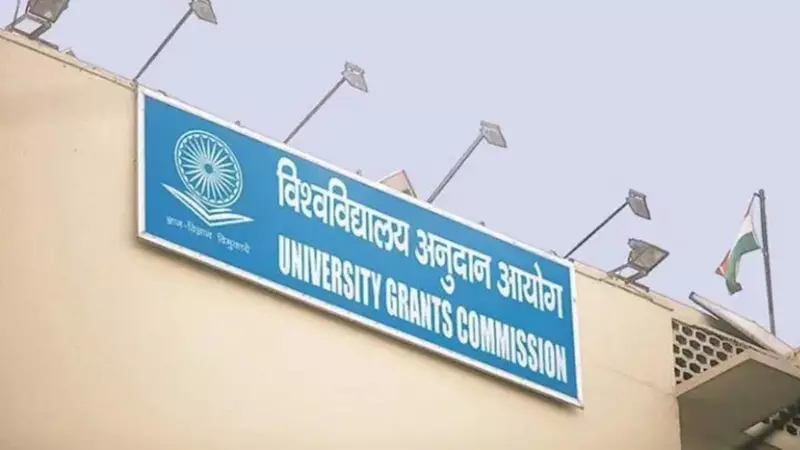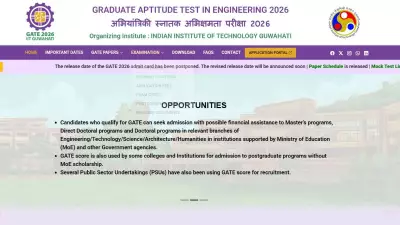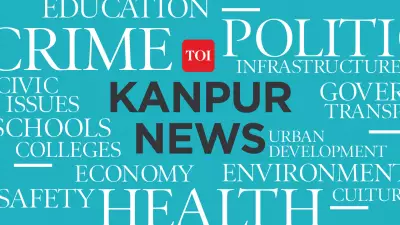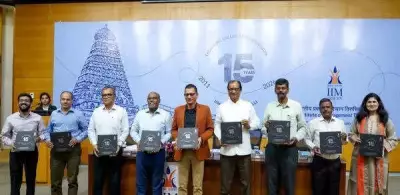
The Winter Session of Parliament, scheduled to begin on December 1, is set to witness a landmark legislative proposal that could transform India's higher education landscape. The government plans to introduce a bill that would establish a single regulatory body for higher education, replacing multiple existing organizations.
Three Regulators, One Replacement
According to a bulletin released by the Lok Sabha, the proposed legislation titled the Higher Education Commission of India Bill aims to create the Higher Education Commission of India (HECI). This new body would replace three major educational regulators: the University Grants Commission (UGC), the All India Council for Technical Education (AICTE), and the National Council for Teacher Education (NCTE).
Currently, these three bodies oversee distinct domains of higher education. The UGC regulates non-technical higher education, while AICTE supervises technical education, and NCTE governs teacher education programs. The consolidation of these functions under one umbrella represents a significant shift in India's educational governance structure.
HECI's Proposed Functions and Limitations
The Higher Education Commission of India is designed to serve as a comprehensive regulator for higher education with three primary responsibilities:
- Regulation of higher education institutions
- Accreditation processes and standards
- Establishment of professional academic standards
However, the proposed commission will have notable limitations. Medical and law colleges will remain outside HECI's purview, continuing under their respective specialized regulatory bodies. Additionally, funding responsibilities will not fall under HECI's authority, with the administrative ministry retaining control over financial autonomy.
Historical Context and NEP Alignment
The concept of a single higher education regulator isn't entirely new. In 2018, a draft bill titled "Higher Education Commission of India (Repeal of University Grants Commission Act)" was circulated for public feedback and stakeholder consultations. This earlier version aimed to repeal the UGC Act and establish HECI, though it didn't progress further at that time.
The current initiative gained renewed momentum under Union Education Minister Dharmendra Pradhan, who assumed office in July 2021. The proposal aligns directly with the vision outlined in the National Education Policy 2020, which explicitly calls for regulatory overhaul.
The NEP-2020 document emphasizes that "The regulatory system needs a complete overhaul to re-energise the higher education sector and enable it to thrive." It further advocates for a system where regulation, accreditation, funding, and academic standard setting are handled by separate, independent, and empowered bodies.
The Winter Session of Parliament, beginning December 1, will determine whether this long-discussed educational reform finally becomes reality, potentially marking one of the most significant changes to India's higher education system in decades.





